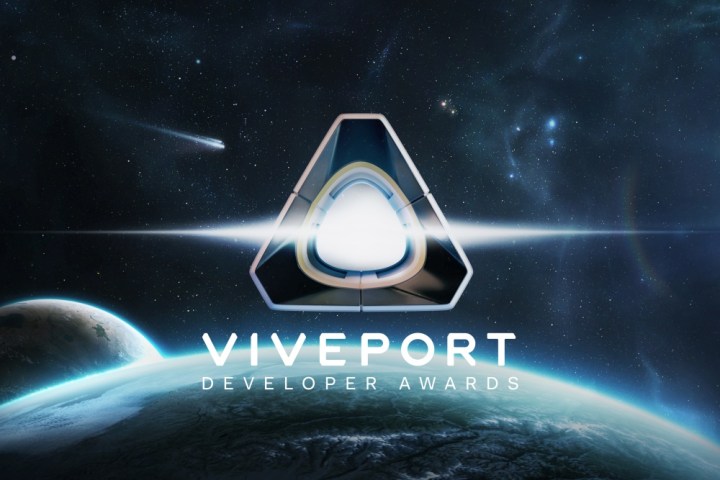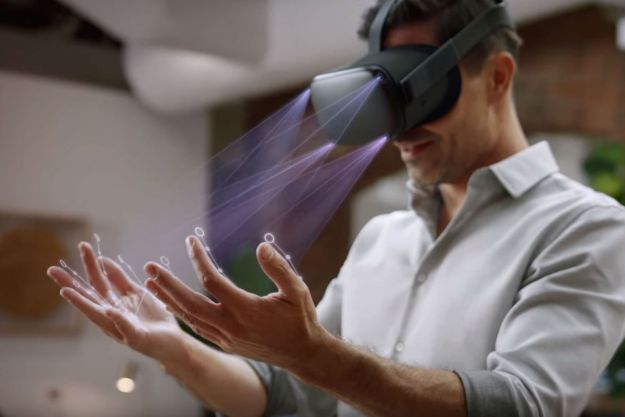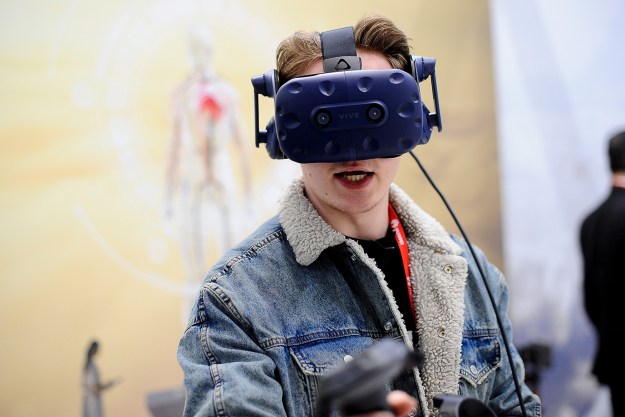
HTC hopes that the competition will inspire programmers and designers to explore the world of VR development, and the company is offering up a $500,000 prize pool for finalists.
Today’s announcement of the Global Viveport Development Awards follows up on HTC’s recent launch of Viveport, an online storefront and showcase for HTC Vive applications. Viveport serves as an alternative to Valve’s Steam, which became a de facto hub for VR games and applications over the last several months.
HTC now offers developers additional incentive to distribute their creations through Viveport with its Development Awards, which will honor winning apps with prominent store placement and advertising, in addition to its promised slate of cash prizes.
Developers are eligible to win awards across multiple Viveport categories, including Discover, Create, Connect, Watch, and Shop. Each individual category has its own standards and prerequisites, and the best apps from each will enter a final round for a shot at HTC’s prize pool.
HTC notes that it will select five finalists from each Viveport category “based on customer engagement and the VR experience.” Nominees will then go on to a final round of competition where an HTC-selected jury will pick the contest’s winners in early 2017.
“I am thrilled to see how Viveport is passionate about creating success for developers,” said Visionary VR co-founder Gil Baron. “The Viveport Developer Awards is an excellent opportunity for developers like us to feel appreciated, and benefit from the global marketing and promotion.”
Contestants can submit their VR creations via Viveport’s online community, and new developers can sign up for Viveport here.
Editors' Recommendations
- What is VR?
- Researchers develop VR headset with mouth haptics
- The most common HTC Vive problems, and how to fix them
- Two new ‘game-changing’ VR headsets could arrive at HTC’s ViveCon next week
- How to build a cheap VR-ready PC


